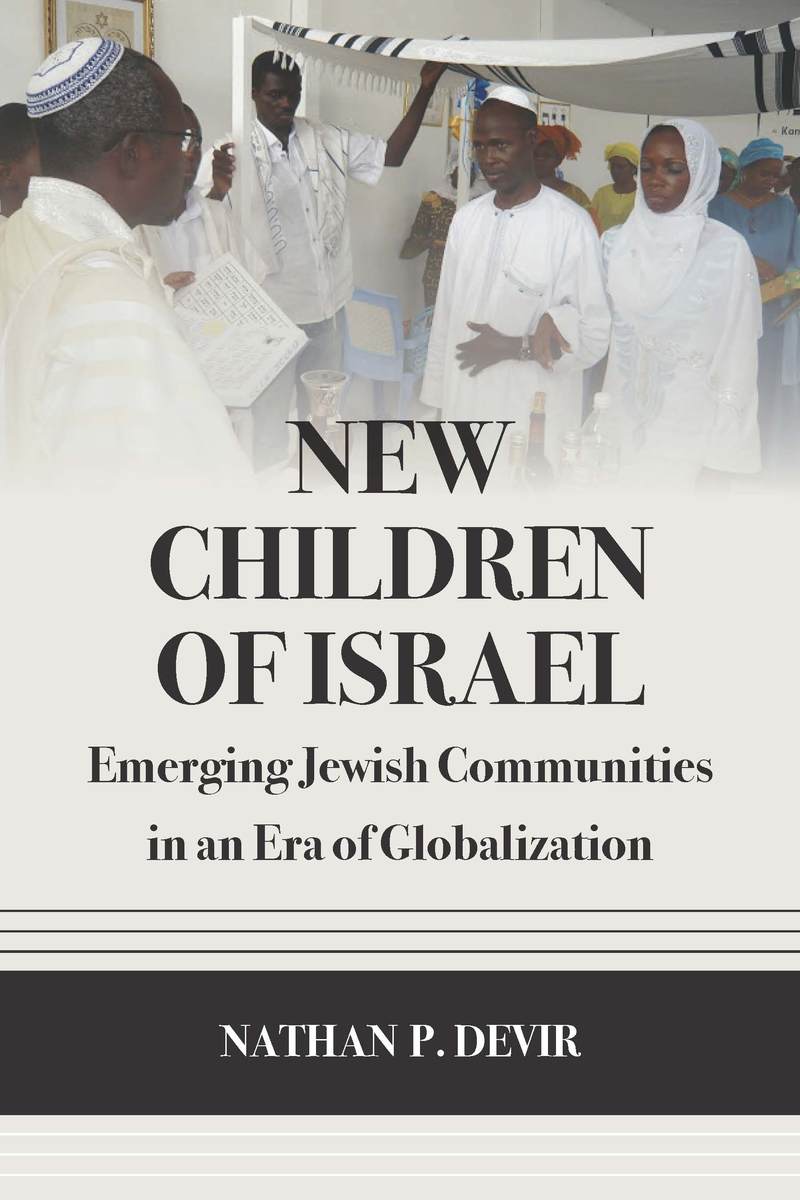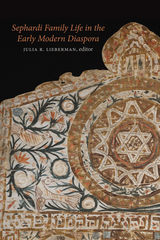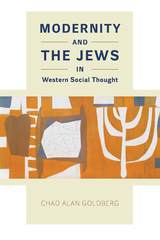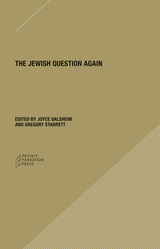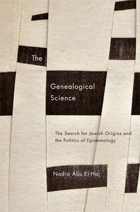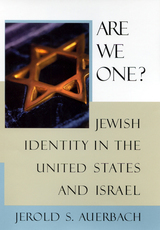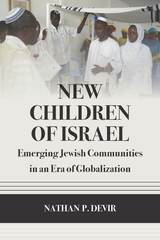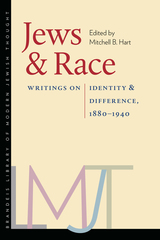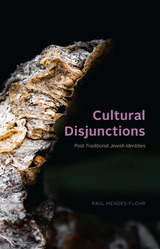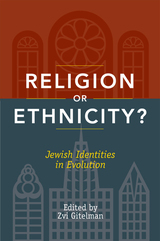New Children of Israel: Emerging Jewish Communities in an Era of Globalization
University of Utah Press, 2017
Paper: 978-1-60781-584-6 | eISBN: 978-1-60781-585-3
Library of Congress Classification DS143.D47 2017
Dewey Decimal Classification 305.696091724
Paper: 978-1-60781-584-6 | eISBN: 978-1-60781-585-3
Library of Congress Classification DS143.D47 2017
Dewey Decimal Classification 305.696091724
ABOUT THIS BOOK | AUTHOR BIOGRAPHY | REVIEWS | TOC | REQUEST ACCESSIBLE FILE
ABOUT THIS BOOK
In the last century, the tragic events of the Holocaust and the subsequent founding of the state of Israel brought about tremendous changes for Jewish communities all over the world. This book explores what may be the next watershed moment for the Jews: the inclusion of millions of people from developing nations who self-define as Jewish but who have no historical ties with established centers of Jewish life. These emerging groups are expanding notions of what it means to be Jewish.
This comparative ethnographic study, the first of its kind, presents in-depth analyses of the backgrounds, motivations, and sociohistorical contexts of emerging Jewish communities in Cameroon, Ghana, India, and other postcolonial locales. It investigates the ramifications of these new movements for the larger Judeo-Christian world, particularly with regard to issues of multiculturalism, immigration, race relations, and messianic expectations concerning the prophecy of Isaiah 11:12, according to which God will “assemble the dispersed of Israel, and gather together the scattered of Judah from the four corners of the earth.”
This comparative ethnographic study, the first of its kind, presents in-depth analyses of the backgrounds, motivations, and sociohistorical contexts of emerging Jewish communities in Cameroon, Ghana, India, and other postcolonial locales. It investigates the ramifications of these new movements for the larger Judeo-Christian world, particularly with regard to issues of multiculturalism, immigration, race relations, and messianic expectations concerning the prophecy of Isaiah 11:12, according to which God will “assemble the dispersed of Israel, and gather together the scattered of Judah from the four corners of the earth.”
See other books on: Cameroon | Cultural assimilation | Ghana | Identity | Israel
See other titles from University of Utah Press
